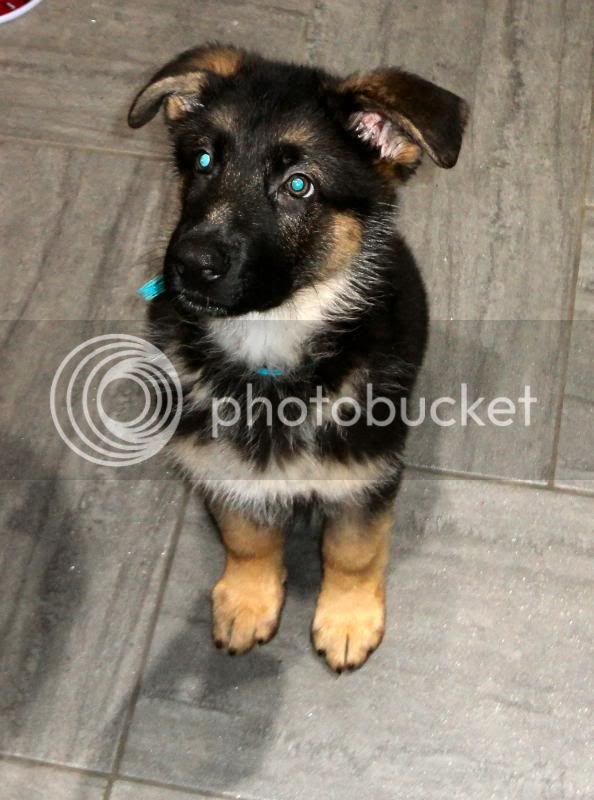EoinMag
Well-Known Member
I personally never understood why so many German words are used. It seems silly to me. Afterall beer has been made all over the world and it seems odd to describe truuuub for an Australian Bitter. Or Krausen on an American pale ale.
I think using German only terms some how negates all the other countries contributions.
Well it's down to tradition and where the industrial processes were cemented and passed on from, this happens to be mostly Germany...apart from Belgium, name one other country that is famous for beer...where beer is the first thing that enters your head when the country is named...????
















![Craft A Brew - Safale S-04 Dry Yeast - Fermentis - English Ale Dry Yeast - For English and American Ales and Hard Apple Ciders - Ingredients for Home Brewing - Beer Making Supplies - [1 Pack]](https://m.media-amazon.com/images/I/41fVGNh6JfL._SL500_.jpg)












































